TCC Group Holdings Launches Green Value Chain Alliance, Commits to 10% Carbon Emission Reduction by 2030, and Invests in Little Tern Conservation in Response to COP16
TCC Group Holdings Launches Green Value Chain Alliance, Commits to 10% Carbon Emission Reduction by 2030, and Invests in Little Tern Conservation in Response to COP16
2024.10.22
-
Copied
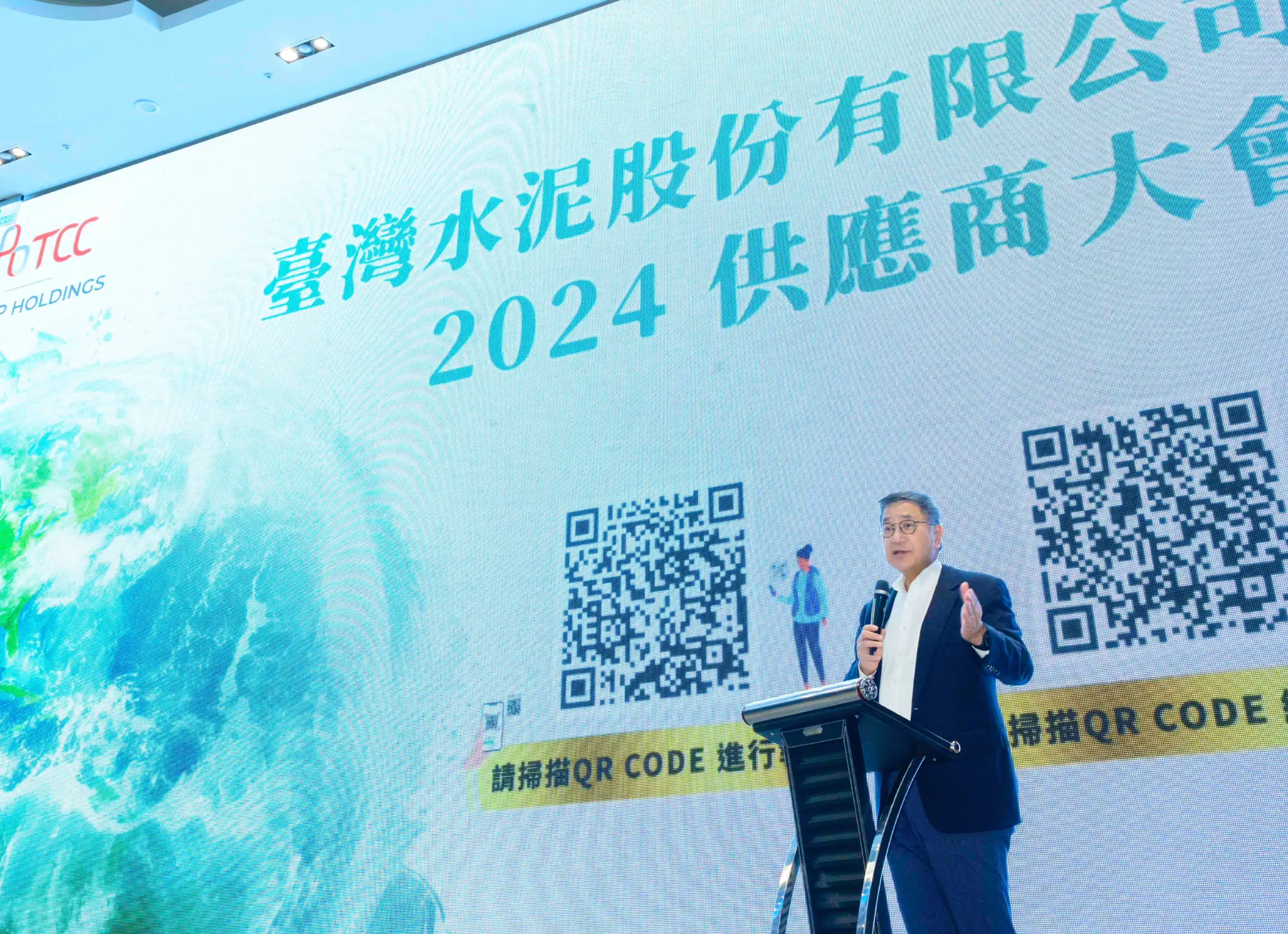
TCC Group Holdings hosts 2024 supplier conference to establish green value chain alliance with 19 key partners mainly in transportation and raw material area. The alliance commits to completing product carbon footprint assessments by 2025 and achieving a 10% self-reduction in carbon emissions by 2030. In response to the UN Biodiversity Summit officially launched on the 21st, TCC Group Holdings also rallied 10 major suppliers of the Hualien Ho-ping Power Plant to jointly invest in the " Little Tern (Sternula Albifrons) Conservation Project-Ho-Ping Welcomes You." This initiative aims to extend community biodiversity actions and invites the Wild Bird Society of Hualien to monitor, with the goal of increasing the local Little Tern breeding success rate by 10% within 3 years, moving towards creating a Nature Positive environment.
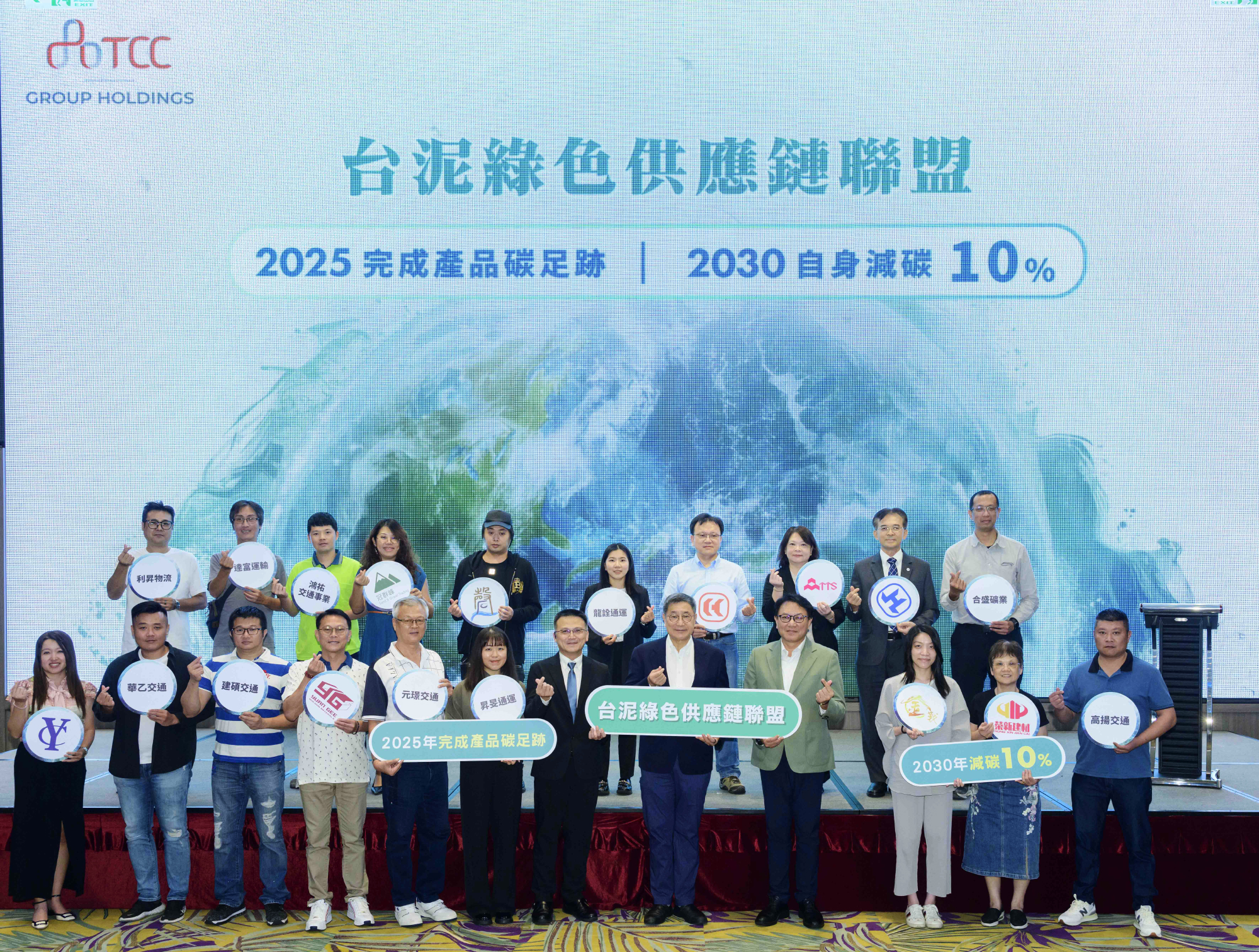

Chairman of TCC group holdings, Nelson An-ping Chang stated during the conference, "The rapid development of technology has led to power shortages in various countries and exacerbated climate change. Technology is meant to benefit humanity, not destroy it. The purpose of business activities is to promote prosperity, not to plunder resources. Therefore, we need to understand the relationship between high-tech economic development and climate change to achieve sustainable economic development while taking care of the Earth."
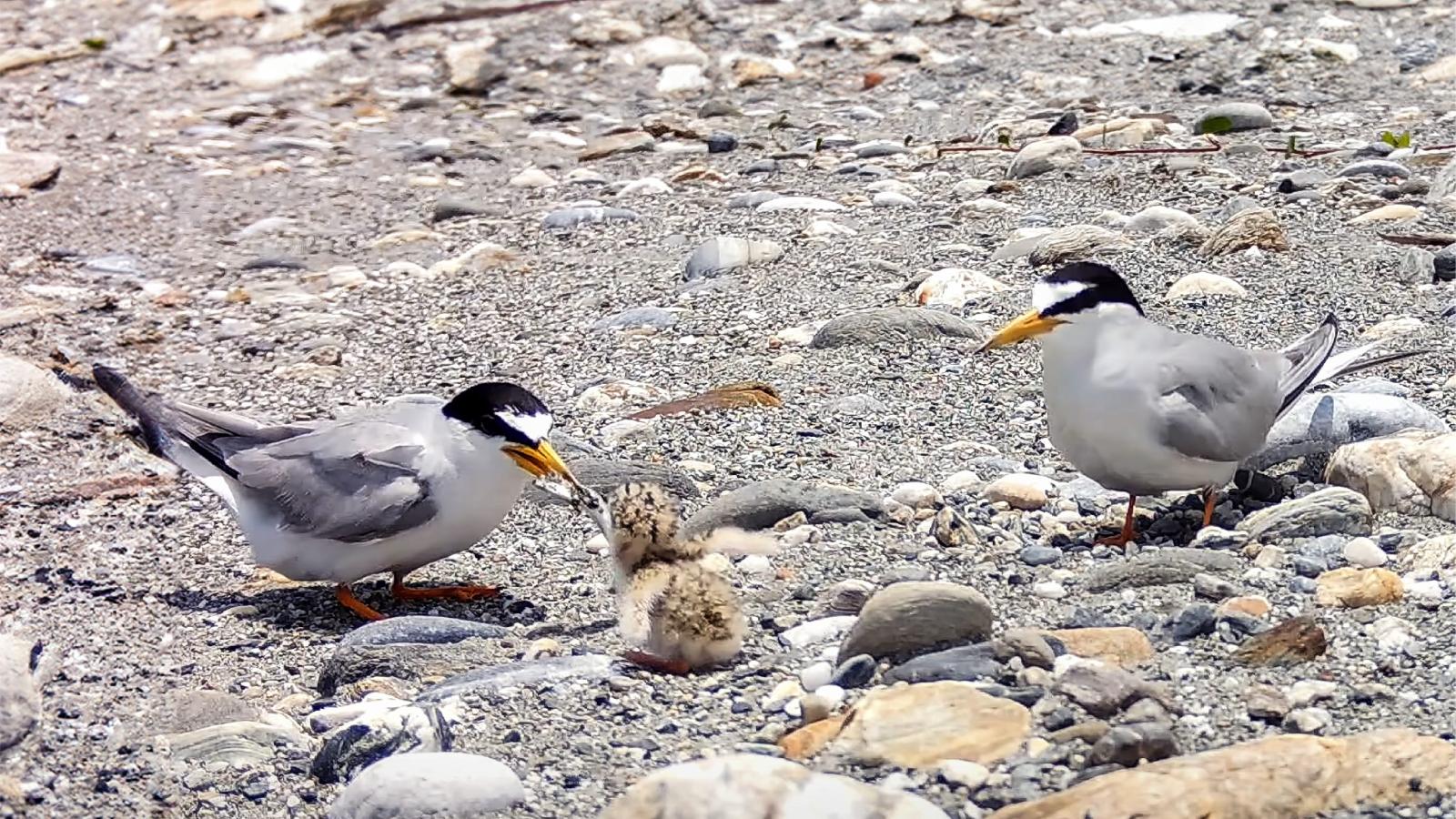
Chang also emphasized that diverse ecosystems are essential for long-term development. He mentioned that the Ho-ping Power Plant, a production site involved in the Little Tern conservation action, can also maintain rich biodiversity because TCC has always strived to promote the natural integration of living, production, ecology, and life. Chang specifically declared to all supplier partners that the cement produced by TCC worldwide has the locally lowest carbon footprint. He believes that Taiwan's carbon fees will eventually consider Scope 3 emissions. "In the future, the key to business success will be carbon," he said. Suppliers who cannot align with this vision or provide carbon footprints will no longer be TCC’s suppliers. Those who cannot achieve carbon reduction will also be removed from the value chain.
According to TCC’s Localization and Greening of Procurement to Promote Sustainable Supply Chain Management Mechanisms, TCC is continuously expanding the review of suppliers' ESG practices with high standards. Upholding high ESG standards, TCC has decided to discontinue 12 suppliers by April, 2024 for not meeting TCC carbon management and sustainability criteria. TCC has established Carbon Academy to support suppliers to raise carbon literacy and conduct internal carbon inventories. At the supplier conference, Chairman Nelson An-Ping Chang and President Roman Cheng awarded certificates to suppliers who participated in the Carbon Footprint Verification Training Camp and excelled in ESG and carbon reduction actions. In 2024, TCC will proactively align with the EU's CSDDD human rights and environmental due diligence directive, initiating value chain human rights and environmental due diligence investigations to ensure more comprehensive human rights protection within the value chain. TCC hopes to establish long-term, mutually beneficial partnerships with its suppliers.
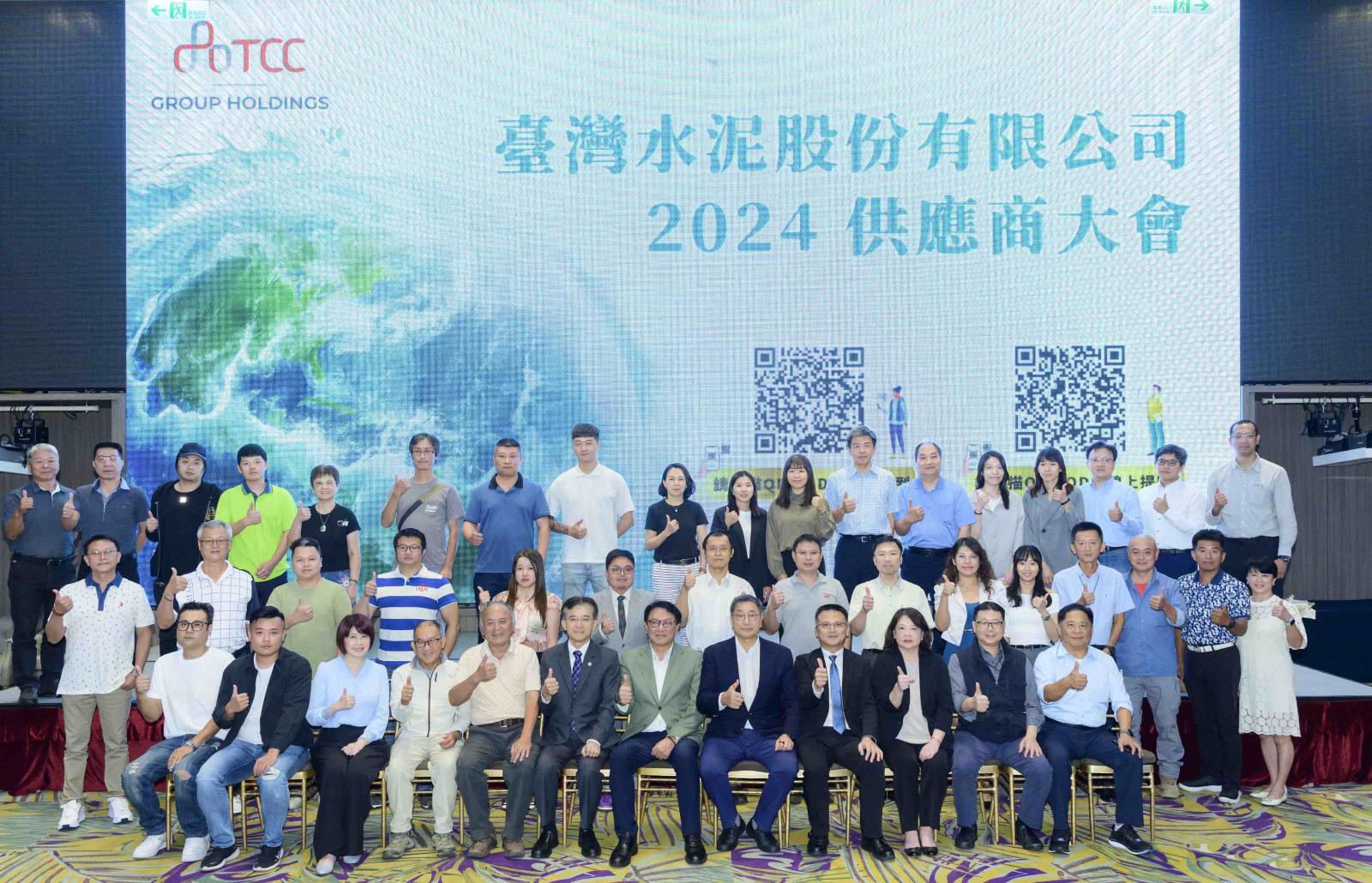
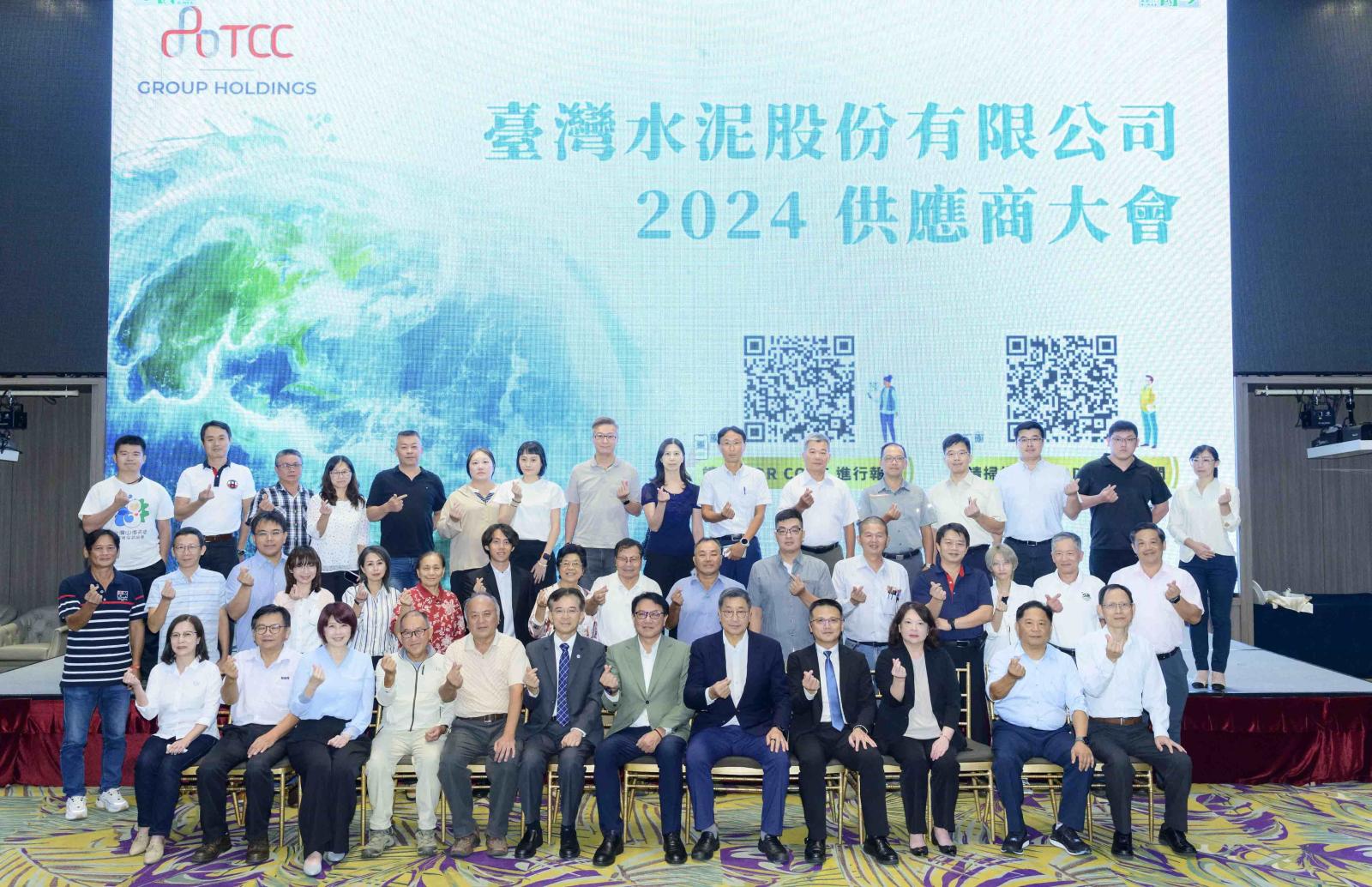
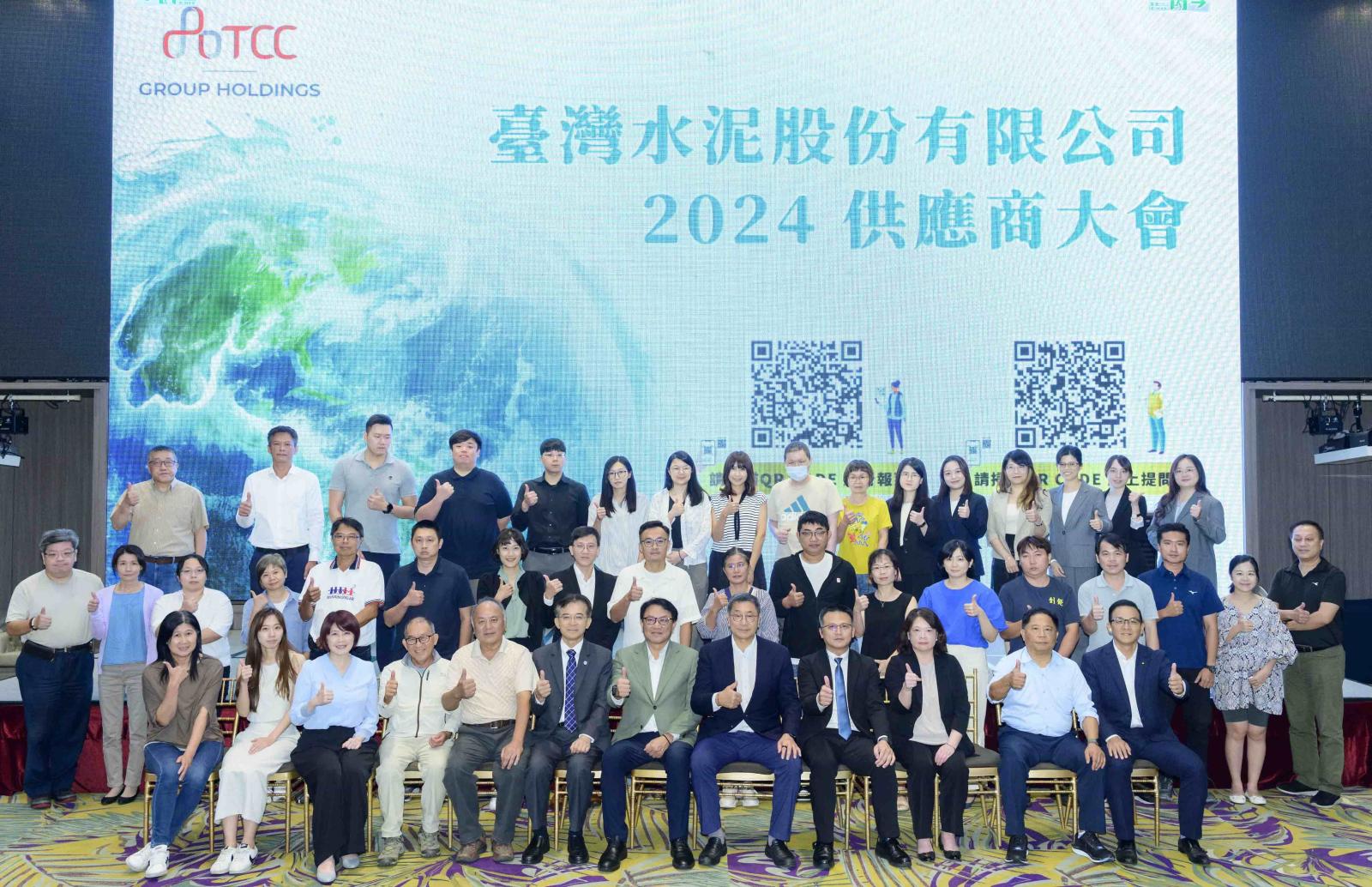
More Related Information
-
2024.10.04A Global Call to Action: Investing in Europe's Green Leadership, Our Shared Responsibility
-
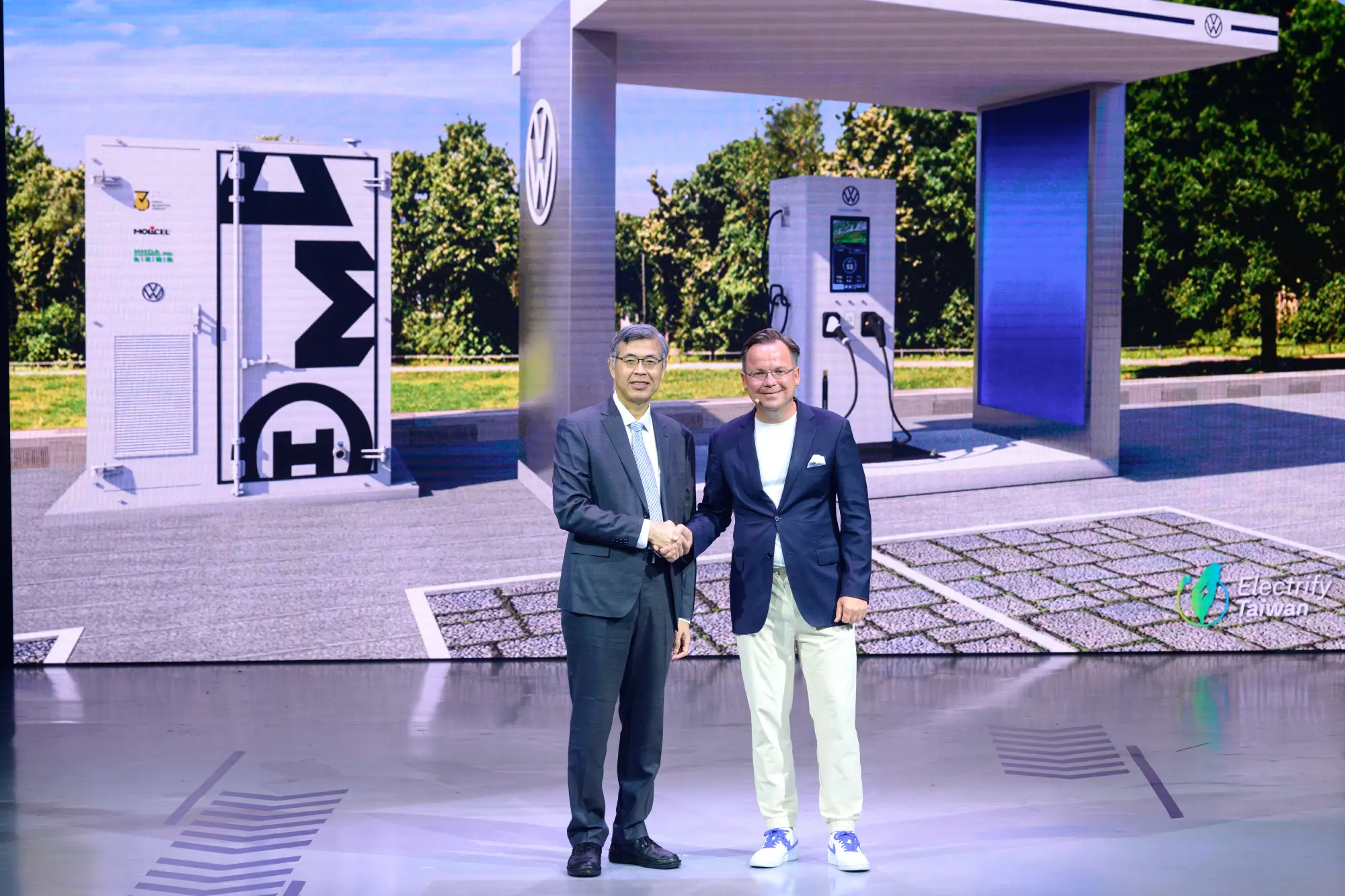 2024.09.19NHOA TCC Partners with Volkswagen Taiwan to Announce Charging-Storage Collaboration Driving Sustainable Carbon Reduction
2024.09.19NHOA TCC Partners with Volkswagen Taiwan to Announce Charging-Storage Collaboration Driving Sustainable Carbon Reduction -
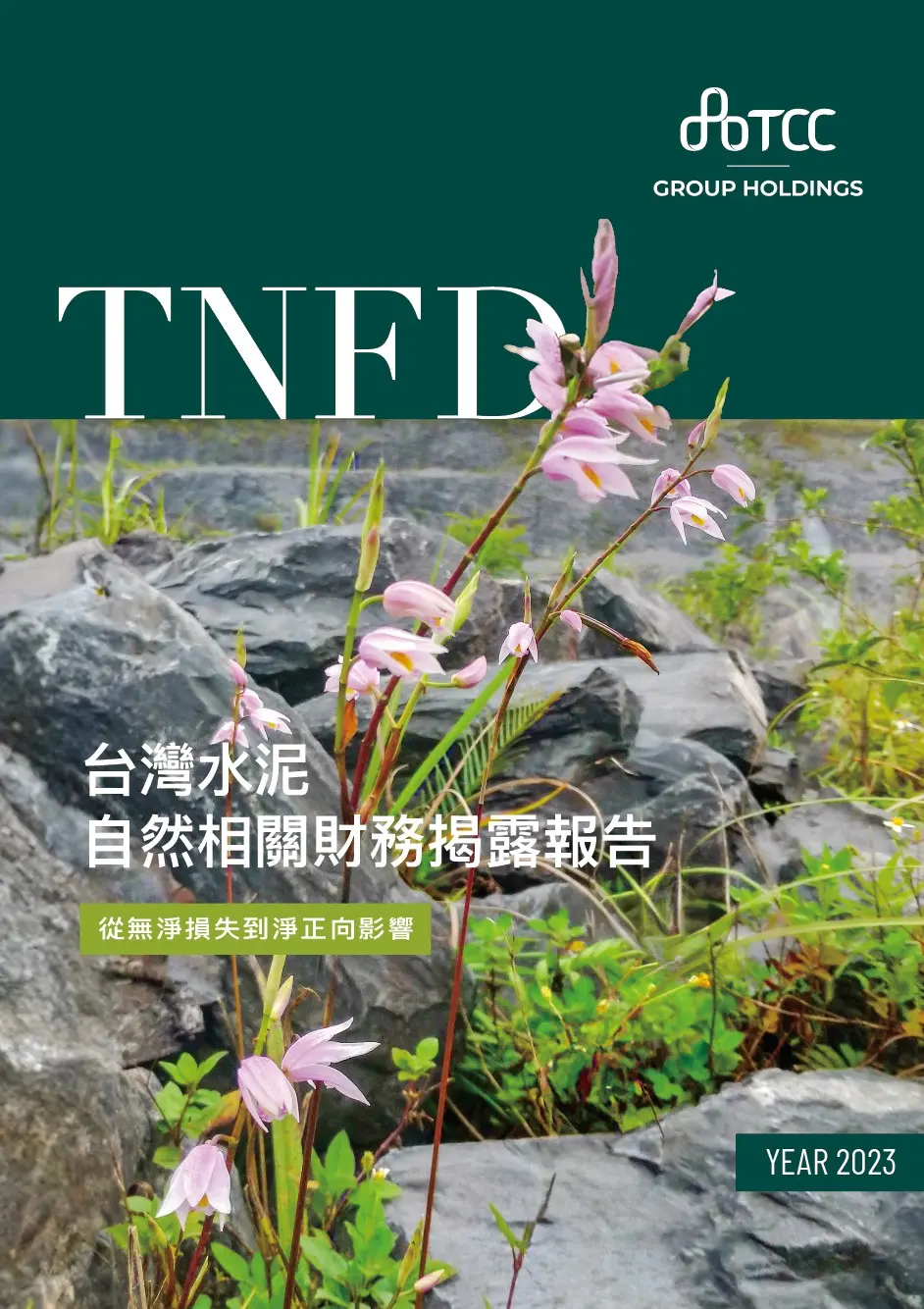 2024.09.18TCC's Latest TNFD Report Highlights Reducing Energy and Natural Resource Use, Creating New Low-Carbon Value; Nature-Related Revenue Exceeds NT$40.5 Billion
2024.09.18TCC's Latest TNFD Report Highlights Reducing Energy and Natural Resource Use, Creating New Low-Carbon Value; Nature-Related Revenue Exceeds NT$40.5 Billion


